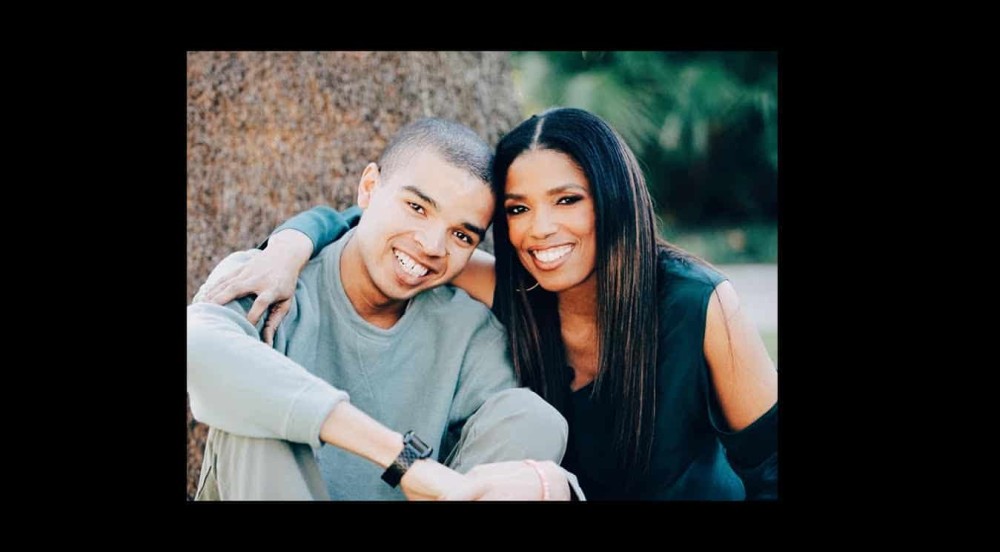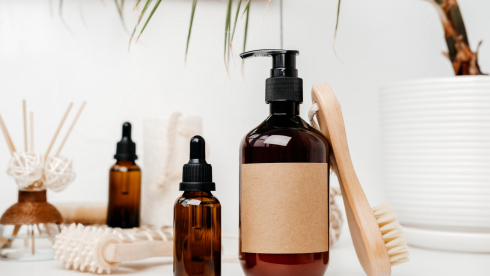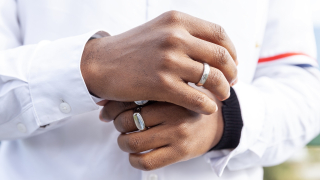In the middle of 2020, when it became clear that COVID-19 was an indiscriminate killer that didn’t care if you were rich, poor, male, female, Black, White, or disabled, one of the common refrains I heard around the country was “we’re all in this together.” Politicians, medical doctors, and scientists regularly repeated the phrase, using the imagery of war to describe the need to pull together to vanquish a common enemy.
But as we observe Autism Awareness Month, a period set aside to foster a better understanding of the disorder, one thing is clear to me: We are not all in this together. Whether it is unequal access to vaccines and healthcare, or being denied the opportunity to work, the autism community and people of color have suffered disproportionally during the pandemic.
As shops and businesses began to close due to lockdowns and mitigation measures, no sector of society was hit harder by job loss than the neurodiverse community, with unemployment among people with autism rising to a staggering 85 percent. While enhanced unemployment benefits certainly helped, bi-weekly checks are no substitute for a job. Studies have shown that employment activities and independence help to greatly reduce autism symptoms. But while corporations and businesses have gotten forgive-able loans and generous tax breaks, where is the help for men and women with autism?
The coronavirus has been equally devastating to the Black community, perhaps even more so. The disease exposed the brutal inequities in society, such as access to health care, which make African Americans more vulnerable to the ravages of the disease. Studies have shown that African Americans who contract COVID-19 die at a substantially higher rate than their white counterparts. The pain of the pandemic was exacerbated in May of 2020 when a cellphone video surfaced showing the cold-blooded murder of 46-year-old George Floyd at the hands of police. And while anger over the murder never went away, feelings of outrage and despair have been reignited by the televised criminal trial.
Asian Americans have not escaped pain during the pandemic, either. After former president Donald Trump affixed blame to China for COVID-19, labeling the disease the Chinavirus and “kungflu,” hate crimes against Asian Americans rose by an astounding 150 percent in 2020. Many of us have been sickened recently by the rash of videos circulating online showing Asian Americans being kicked, beaten, and spit on for no other reason than their race.
With so many problems mushrooming all at once, it can all seem too overwhelming, too difficult to get one’s arms around. The temptation is for each group to retreat into their respective silos and take care of their own. But if history has thought us anything, it is that we are stronger when we work and fight together.
In 1968, Dr. Martin Luther King Jr. came to this understanding when he organized the Poor People’s March on Washington. The purpose of the campaign was to move beyond solely fighting for Civil Rights for African Americans, but also advocating for economic justice for all people.
More than ever, we need to heed the lessons of the past. When a willing man or woman with autism is denied the opportunity to work simply because they process information differently, that is an affront to us all. When an unarmed Black man is murdered by police because of his race, that is a crime against humanity that we cannot let go unanswered. And when an Asian man or woman is brutally assaulted because of bigotry and ignorance, that is a wrong that we must right.
We are stronger when we have empathy for each other and see someone else’s problem as our issue.
Areva Martin is a CNN Legal Analyst, and the founder of Special Needs Network, a nonprofit grassroots organization that supports individuals with developmental disabilities in underserved communities.













